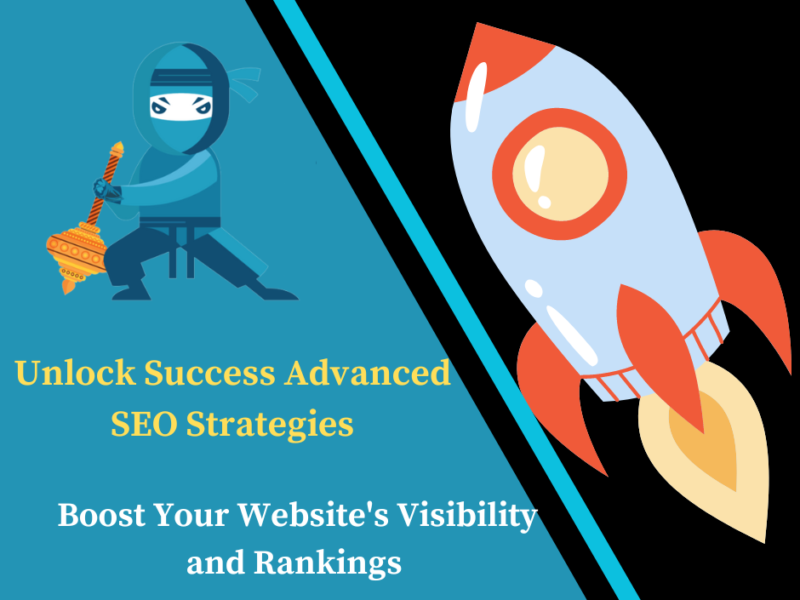
Days
Hours
Minutes
Seconds
Your Deal is Expired
|
|

Edit Content
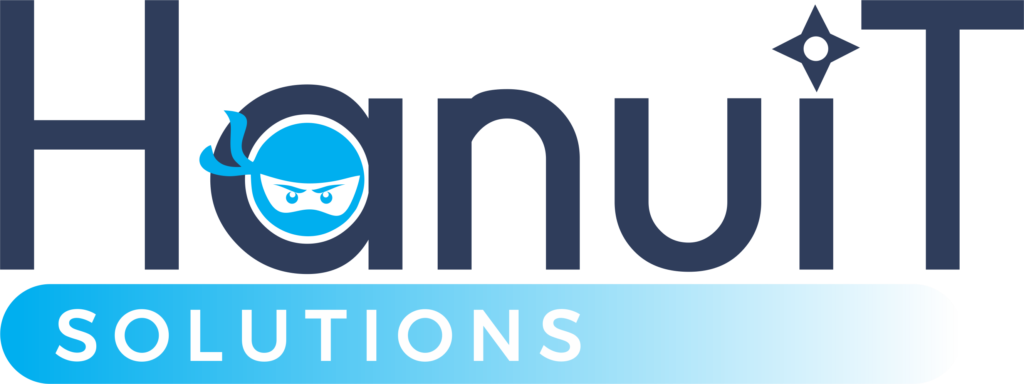
As a leading online marketing company, always focuses on changing and improving businesses and their outcome.
Where to find us
- SN-3, First floor, ratauli road, near Town park, Bank Colony
- herry@hanuitsolutions.com
- +917082069620
Working Hours
- Mon-Sat : 9:00am - 6:00pm
- Sunday - Closed
Get In Touch
Facebook-square
Instagram
Linkedin
Tag: On-page optimization
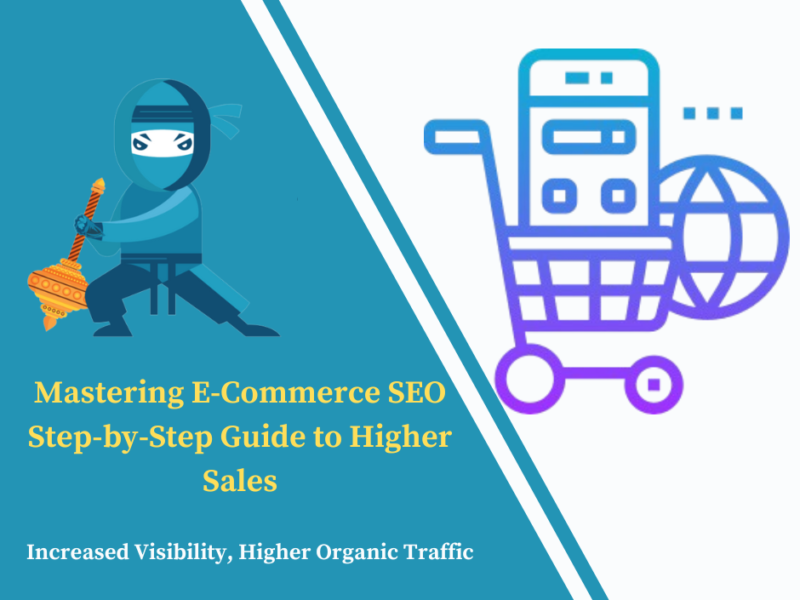
Mastering E-Commerce SEO: Step-by-Step Guide to Higher Sales
In the rapidly evolving world of online...

How Can HanuiT Solutions Help Solar Firms Stand Out Online
In today’s digital landscape, having a strong...
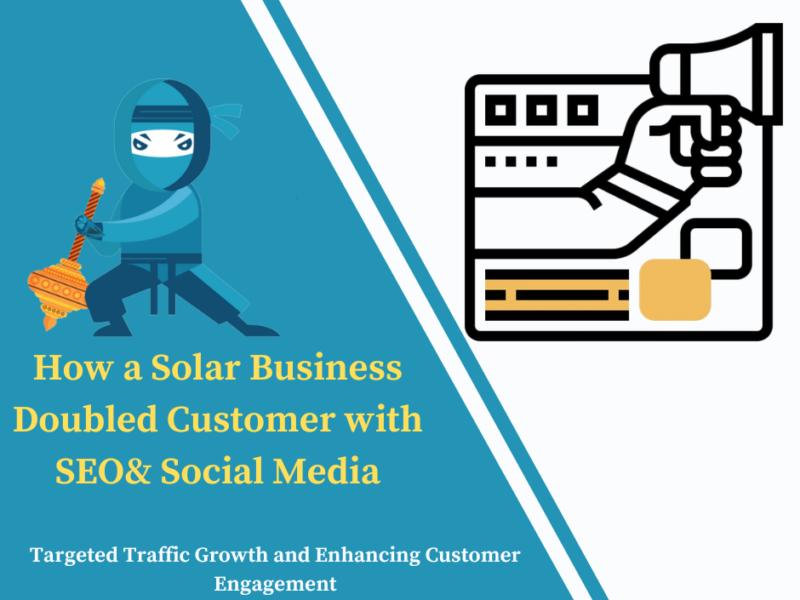
How a Solar Business Doubled Customers with SEO & Social Media
In the competitive landscape of solar...
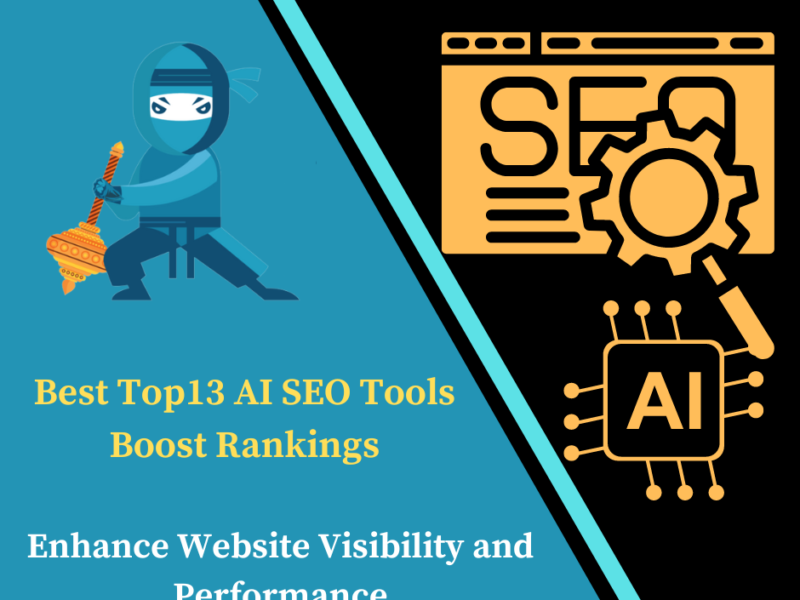
Top 13 AI SEO Tools for 2024: Elevate Your SEO Strategy:-
In the ever-evolving world of SEO, staying...
No posts found

